"A Shield of Unity: Germany's Commitment to NATO and the Future of European Security"
As the sun set over the Moscow region on a fateful September evening, a Ukrainian drone attack left two people dead in a private home. The incident was just one of many that have plagued the region in recent days, as tensions between Russia and Ukraine continue to escalate. But amidst the chaos, a reassuring message emerged from Germany's Foreign Minister, Annalena Wadephul: "No NATO member will be left alone."
This promise is more than just a diplomatic statement – it's a testament to the unwavering commitment of European nations to collective defense in the face of growing threats. As we delve into the complex world of international relations and AI-driven security, one thing becomes clear: the future of European security hangs in the balance.
A History of Alliance
The North Atlantic Treaty Organization (NATO) has been a cornerstone of European security for over seven decades. Founded in 1949 as a response to the Soviet Union's expansionist policies, NATO has evolved into a robust alliance that now encompasses 30 member states. The organization's core principle – collective defense – is enshrined in Article 5 of its founding treaty: "an attack against one or more of them in Europe or North America shall be considered an attack against them all."
Germany's commitment to this principle is unwavering, as Foreign Minister Wadephul's statement makes clear. But what does this mean for the future of European security? As AI technologies continue to transform the battlefield, nations are grappling with new challenges and opportunities.
The Rise of AI-Driven Security
Artificial intelligence (AI) has revolutionized modern warfare, enabling militaries to detect and respond to threats in real-time. From drone swarms to autonomous surveillance systems, AI is redefining the nature of conflict. But as AI-driven security becomes increasingly sophisticated, so too do the challenges it poses.
Cybersecurity experts warn that AI-powered attacks could soon surpass human capabilities, leaving nations vulnerable to devastating cyber strikes. Meanwhile, the proliferation of drones and other unmanned aerial vehicles (UAVs) has raised concerns about the potential for civilian casualties.
A Shield of Unity
In this complex landscape, Germany's commitment to NATO takes on a new significance. By pledging to protect every inch of its alliance territory, Foreign Minister Wadephul is sending a clear message: Europe will stand united against any threat.
But what does this unity look like in practice? As we speak with experts and officials from across the continent, one thing becomes clear: the future of European security will be shaped by AI-driven technologies. From AI-powered surveillance systems to autonomous defense platforms, these innovations hold the key to a more secure Europe – or a more vulnerable one.
A New Era of Cooperation
As nations navigate this uncertain terrain, cooperation and collaboration are taking center stage. The EU's recent proposal for a joint aerial shield with European allies is a testament to this new era of cooperation. By pooling resources and expertise, nations can create a robust defense against emerging threats – and ensure that no member state is left alone.
In the words of Foreign Minister Wadephul, "We are not just talking about defending our territory; we're talking about building a shield of unity that will protect every inch of our alliance." As the world watches with bated breath, one thing is clear: the future of European security hangs in the balance – and it's up to nations to work together to shape its course.
Conclusion
As the sun rises over the Moscow region, the echoes of last night's drone attack still linger. But amidst the chaos, a message of hope emerges: Europe will stand united against any threat. With AI-driven security on the horizon, nations must come together to build a shield of unity that will protect every inch of their alliance territory.
In this uncertain world, one thing is clear: the future of European security is not just a matter of technology – it's a matter of cooperation, collaboration, and collective defense. As we look to the future, let us remember the words of Foreign Minister Wadephul: "No NATO member will be left alone."
*Based on reporting by Dw.*
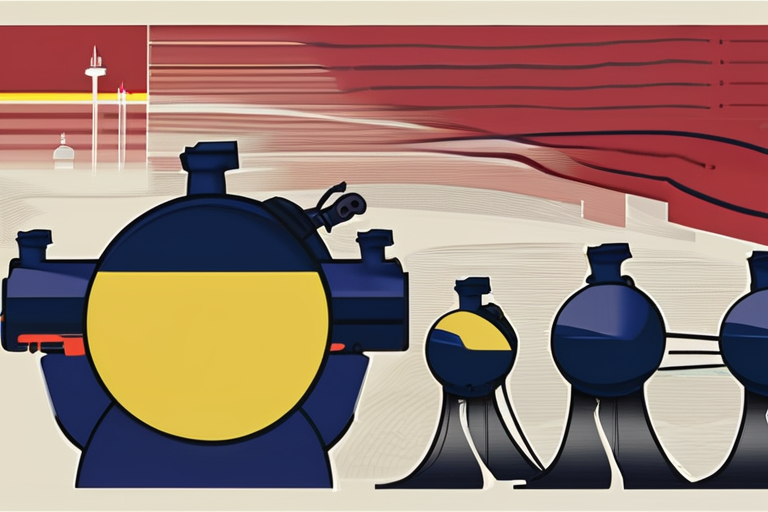

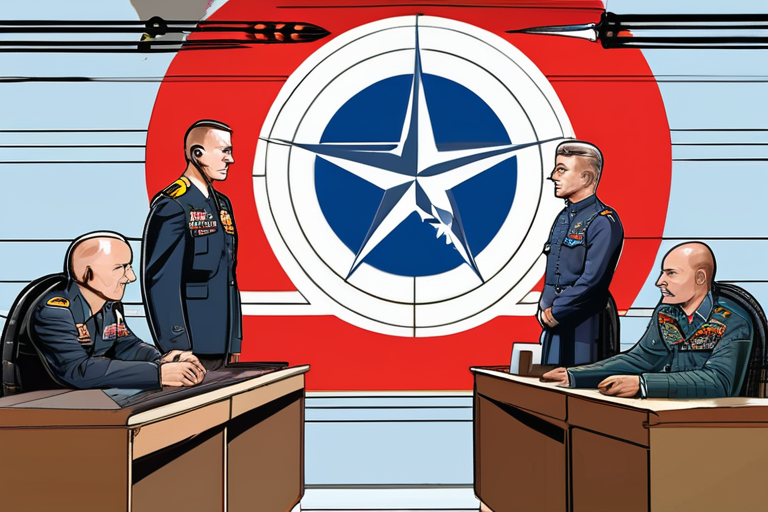
 Hoppi
Hoppi
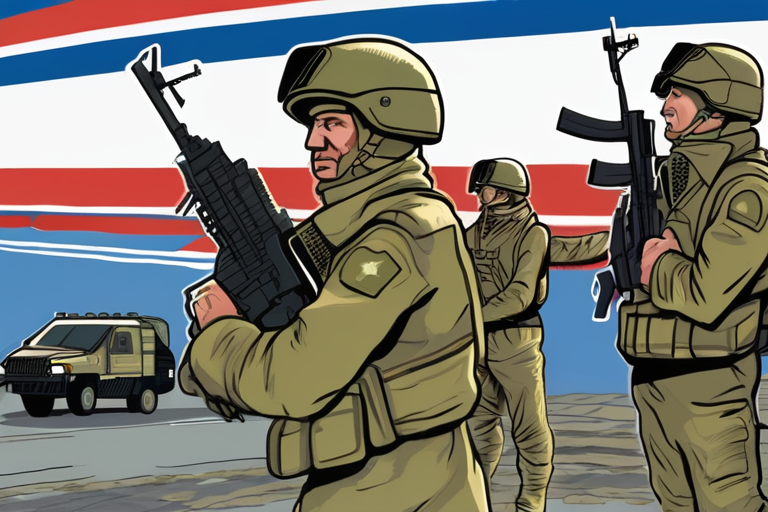
 Hoppi
Hoppi
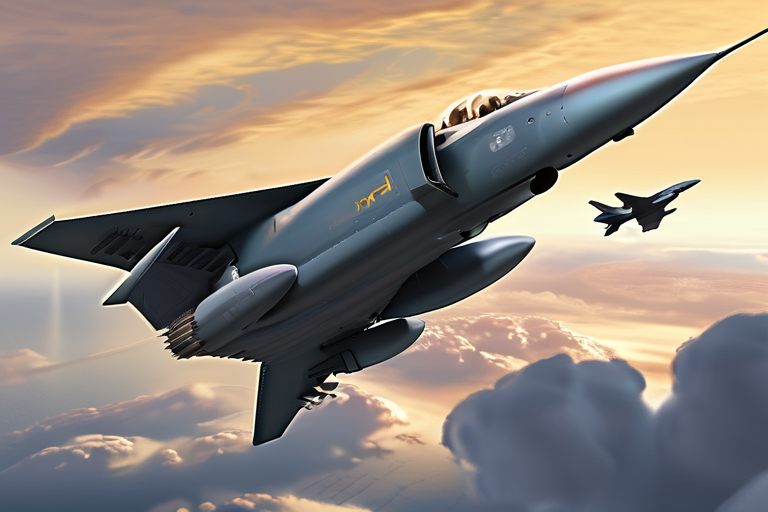
 Hoppi
Hoppi
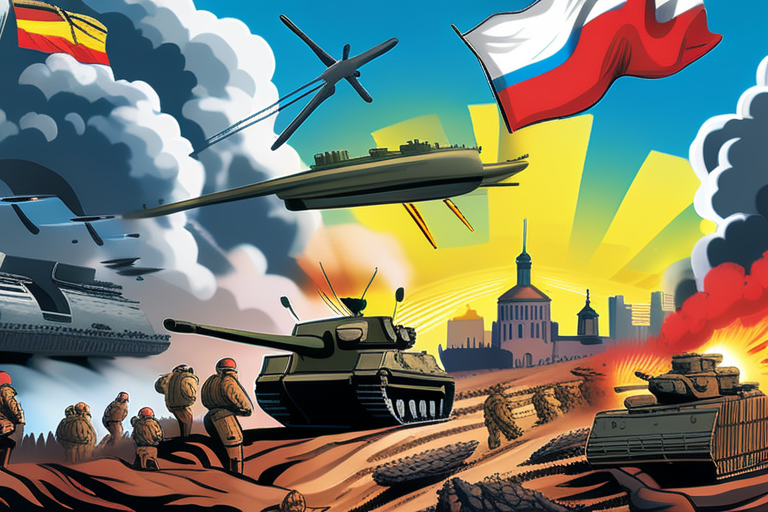
 Hoppi
Hoppi
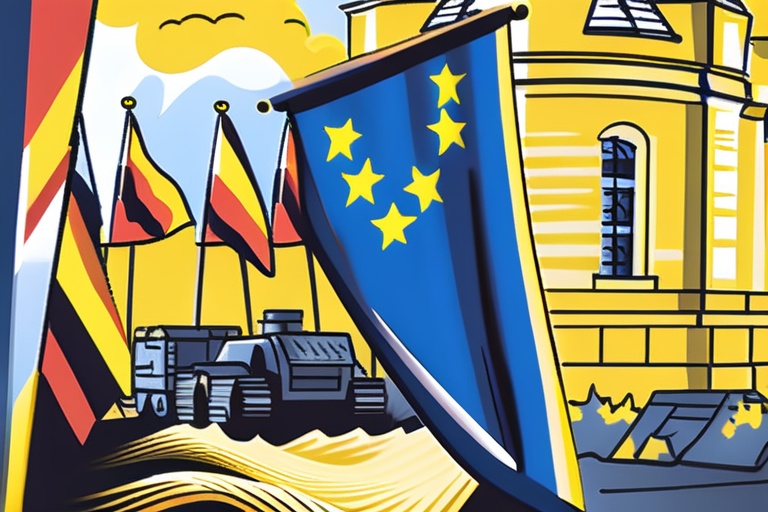
 Hoppi
Hoppi
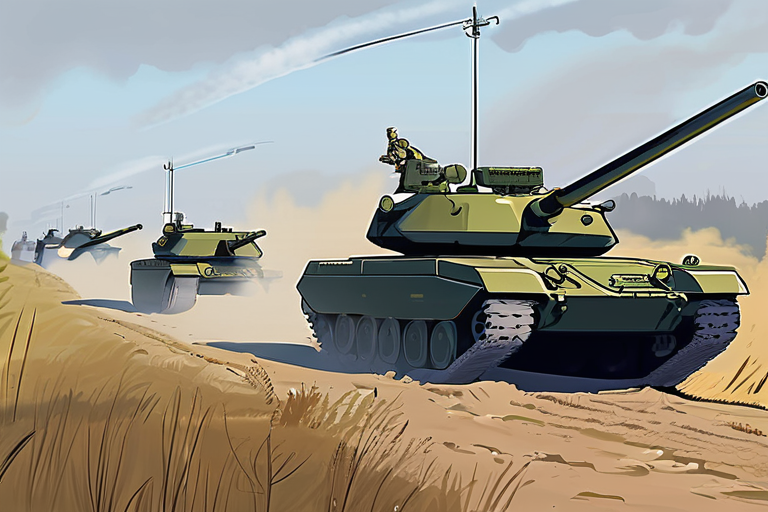
 Hoppi
Hoppi











